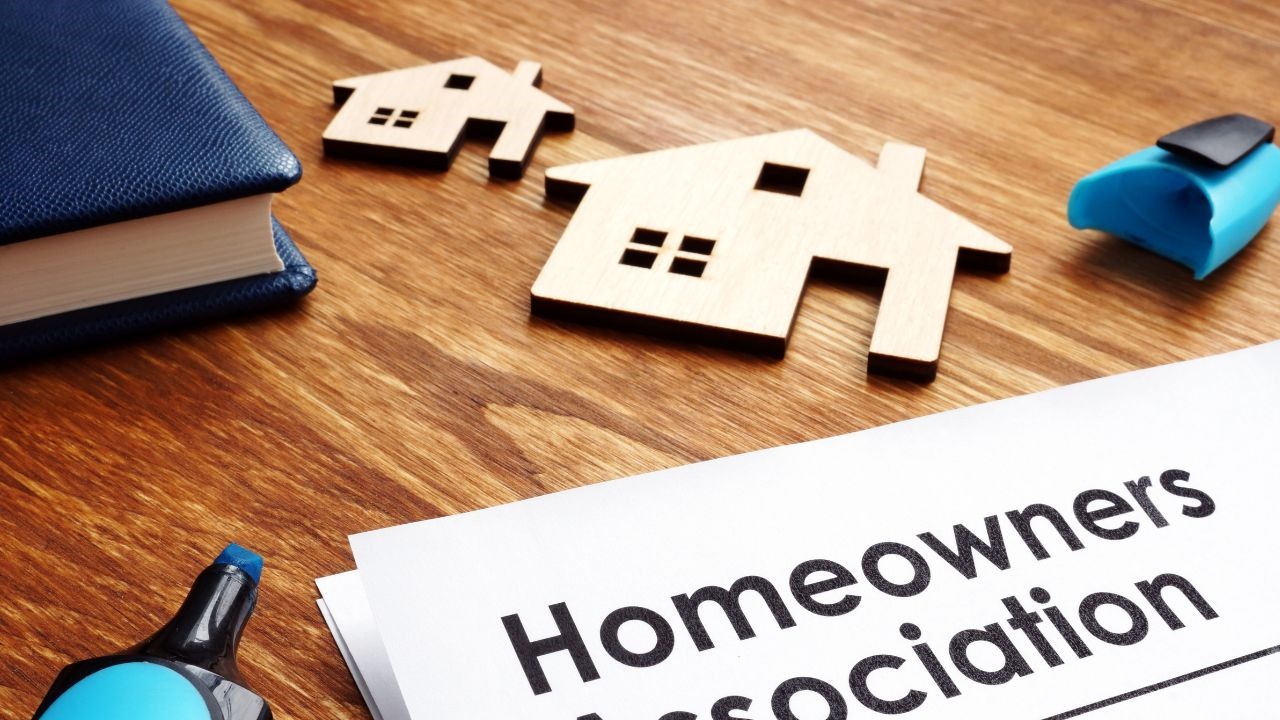Just How to Settle Disputes in an HOA Condo Setup
Just How to Settle Disputes in an HOA Condo Setup
Blog Article
The Duty of an HOA in Establishing and Enforcing Area Guidelines for Homeowners
The function of a Homeowners Organization (HOA) in developing and applying neighborhood standards is fundamental to preserving a orderly and natural residential atmosphere - hoa condo. By creating clear guidelines that control aspects such as residential property maintenance and neighborhood conduct, the HOA not just sets standards for citizens yet also cultivates a sense of belonging and responsibility. Nonetheless, the implementation of these guidelines can provide numerous difficulties, raising concerns concerning community, fairness, and interaction engagement. As we discover these intricacies, it comes to be noticeable that the impact of an HOA extends much past plain policy enforcement.
Comprehending Property Owners Associations
Homeowners organizations (HOAs) act as governing bodies for household neighborhoods, playing a vital function in keeping building values and cultivating a feeling of community. Commonly formed by programmers, HOAs are made up of homeowners within a marked area that elect a board to look after the organization's activities. The key functions of an HOA consist of enforcing area guidelines, taking care of typical locations, and organizing community events.
HOAs operate under a collection of governing papers, including constraints, covenants, and conditions (CC&R s), which detail the civil liberties and obligations of home owners. These regulations aim to make certain that residential properties are kept to a certain criterion, consequently shielding the aesthetic charm and overall value of the neighborhood. Additionally, HOAs usually collect fees from house owners to money maintenance, landscape design, and other social work.
The existence of an HOA can dramatically affect the living experience within a neighborhood (hoa condo). While some locals value the organized setting and services provided, others might locate certain laws restrictive. Balancing the interests of all homeowners is vital for an HOA to work successfully, making sure that it offers its intended function of boosting area living while respecting individual homeowner rights
Developing Community Guidelines

To begin, an HOA needs to conduct surveys or convene that allow locals to voice their tips and problems. This participatory procedure promotes a sense of ownership and enhances compliance. Next, the HOA board have to assess the responses to identify common themes and top priorities that necessitate official addition in the guidelines.
It is also important to guarantee that the guidelines are clear, concise, and easily understood. Obscurities can cause misconceptions and conflicts, weakening the function of the guidelines. In addition, the standards ought to be comprehensive, covering different aspects of area living, consisting of residential property maintenance, noise degrees, and use usual areas.
Enforcement of Guidelines
Efficient enforcement of area rules is essential for preserving order and ensuring that all citizens adhere to the developed guidelines. An HOA has to execute an organized method to apply these policies, which usually includes a mix of monitoring, interaction, and fines for non-compliance.
First, regular examinations and community patrols can assist recognize violations, making sure that regulations are regularly used throughout the neighborhood. This positive surveillance allows the HOA to deal with problems prior to they intensify, fostering a sense of responsibility amongst residents.
Second, clear communication is necessary. Residents need to be informed of the guidelines and the treatments for reporting offenses. An open line of interaction urges residents to voice issues and look for clarification on standards, which can boost conformity.

Last but not least, when infractions occur, the HOA needs to impose consequences as laid out in the regulating files. By effectively enforcing rules, an HOA can cultivate an unified living environment that mirrors the cumulative values of its citizens.
Benefits of HOA Rules
Many benefits arise from the implementation of HOA policies, which serve to boost the high quality of life within an area. One primary benefit is the maintenance of building values. By implementing requirements for appearances and upkeep, HOAs ensure that homes and usual locations continue to be eye-catching, cultivating a preferable living setting that can lead to raised property worths Full Article gradually.
Furthermore, HOA policies promote uniformity and uniformity within the community. This comprehensibility in design and upkeep helps to create a sense of belonging among locals, adding sites to community satisfaction and a positive environment. Established standards promote dispute resolution among neighbors by providing clear assumptions and methods for actions, thereby reducing conflicts.
An additional substantial advantage is the provision of shared amenities and services. Numerous HOAs manage neighborhood facilities such as pools, parks, and clubhouses, which boost entertainment possibilities for homeowners. These amenities not just boost the lifestyle but also motivate social communication.
Ultimately, the regulations stated by an HOA grow an efficient, unified area, ensuring that residents enjoy a high standard of living while cultivating an encouraging atmosphere for all house owners.
Usual Difficulties Dealt With by HOAs
Amidst the advantages that home owners organizations (HOAs) can offer, they also encounter a selection of difficulties that can impede their effectiveness. One substantial problem is the lack of resident involvement. Lots of property owners might not join conferences or neighborhood activities, resulting in a separate between the HOA board and residents. This disengagement can cause misunderstandings concerning community standards and a lack of assistance for enforcement efforts.
Disagreements can arise when locals feel that enforcement is irregular or prejudiced, possibly leading to conflicts within the neighborhood. Furthermore, HOAs often face monetary restrictions, which can limit their capability to preserve typical areas or fund neighborhood jobs.
Furthermore, navigating legal intricacies can be daunting for HOAs. Transforming demographics and developing area needs need HOAs to adjust their guidelines, commonly meeting resistance from enduring residents who are accustomed to typical norms.
Verdict

By formulating clear guidelines that control aspects such as residential or commercial property maintenance and area conduct, the HOA not only sets requirements for homeowners but also promotes a feeling of belonging and liability.Homeowners Our site associations (HOAs) offer as controling bodies for domestic neighborhoods, playing a critical function in keeping property values and fostering a sense of community. Lots of home owners may not get involved in conferences or community activities, leading to a detach between the HOA board and locals. Progressing and altering demographics neighborhood needs need HOAs to adjust their guidelines, usually meeting resistance from long-standing homeowners that are accustomed to typical standards. Via the growth of clear guidelines and constant enforcement, HOAs promote home maintenance, community pride, and count on among residents.
Report this page